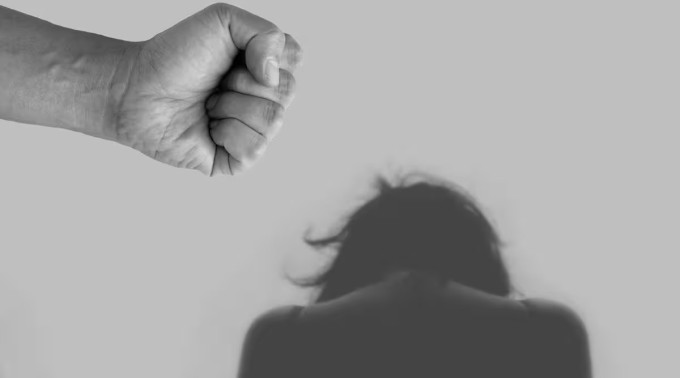Lancet study finds that women often outlive men but not healthily, why?
New research reveals persistent health disparities between men and women despite 30 years of focus.
The analysis, published in The Lancet Public Health journal, examined the 20 leading causes of illness and death across genders, ages, and global regions. While both sexes experience different health challenges, the progress in closing this gap has been minimal over the past three decades.

Interestingly, the study highlights that these disparities go beyond biological differences. Women report higher rates of conditions like lower back pain, depression, and headaches. Conversely, men face a higher risk of premature death due to factors like cardiovascular diseases, road accidents, and even COVID-19 in recent years.
According to Dr Rekha Sharma, Consultant Physician, Ruby Hall, Wanowrie, Pune, the state of health between genders has long been a subject of research and discussion. Statistically, women often appear to be in poorer health compared to men, a phenomenon influenced by a complex mix of biological, social, and economic factors.
Biological factors
Biological differences between men and women inherently play a significant role in health disparities. Women have unique health concerns related to their reproductive systems, such as menstruation, pregnancy, and menopause, which can contribute to various health challenges. For example, women are more prone to conditions such as osteoporosis, autoimmune diseases, and certain types of cancer like breast and ovarian cancer, said Dr Sharma.
Social and cultural influences
Gender roles and societal expectations can limit women’s access to healthcare and support. In many cultures, women are often the primary caregivers in their families, prioritising the health and well-being of others over their own. This self-neglect can lead to the worsening of untreated health conditions.
 Stress, anxiety, and depression are often more prevalent in women, exacerbated by societal pressures and inequalities. (Representational image)
Stress, anxiety, and depression are often more prevalent in women, exacerbated by societal pressures and inequalities. (Representational image)
Furthermore, Dr Sharma noted women are more likely to experience gender-based violence and discrimination, which can have profound physical and psychological effects. Stress, anxiety, and depression are often more prevalent in women, exacerbated by societal pressures and inequalities.
Healthcare access and quality
There’s also a gap in healthcare access and quality between men and women. Women may face challenges in receiving appropriate medical attention due to biases within the healthcare system.
According to Dr Sharma, studies have shown that women’s symptoms, particularly those of chronic pain and heart disease, are sometimes not taken as seriously as men’s, leading to delays in diagnosis and treatment.
Moreover, women’s health research has historically been underfunded and underprioritized, resulting in less awareness and fewer advancements in treatments tailored specifically to women’s needs.
Addressing these disparities requires a multifaceted approach, prioritising gender equality, improving access to healthcare, and promoting greater awareness and research on women’s health issues.
Disclaimer: The copyright of this article belongs to the original author. Reposting this article is solely for the purpose of information dissemination and does not constitute any investment advice. If there is any infringement, please contact us immediately. We will make corrections or deletions as necessary. Thank you.
